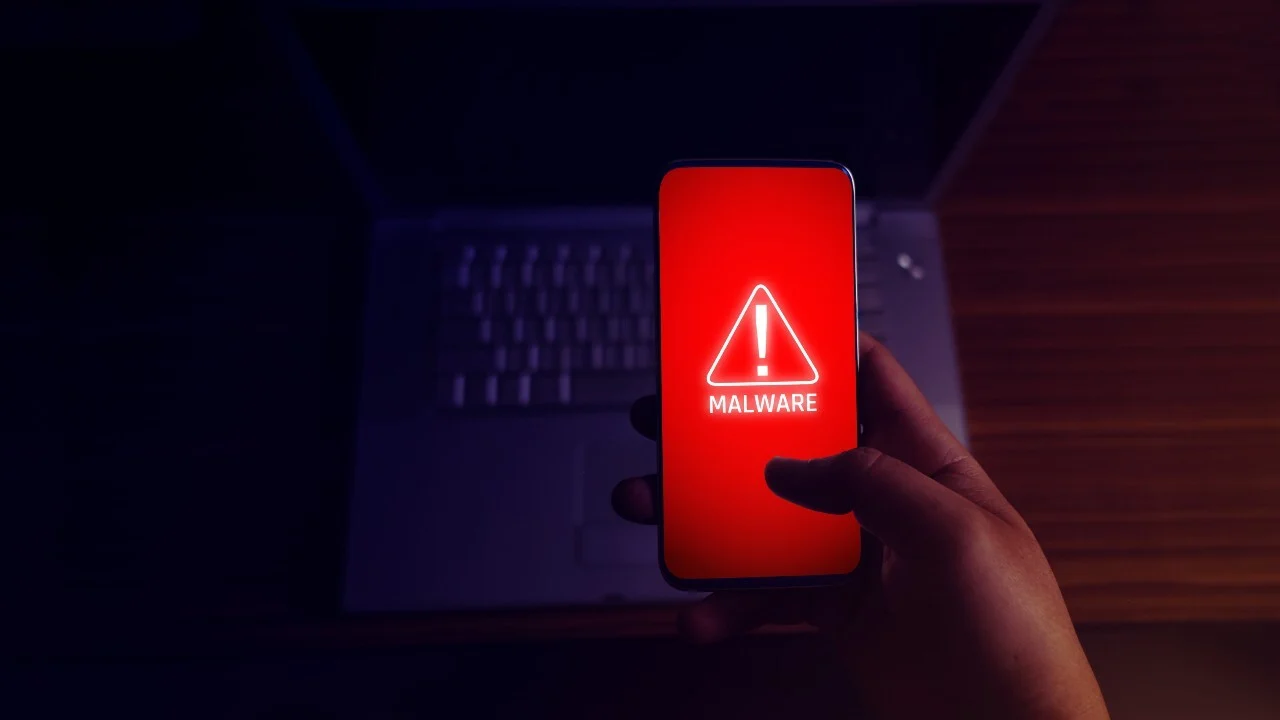Lucknow: A resident of Nishatganj, Lucknow, fell prey to a sophisticated mobile malware scam, losing a staggering ₹8.70 lakh after unknowingly installing a malicious app. The incident, which unfolded on July 20, has been termed Lucknow’s first reported case involving a Remote Access Trojan (RAT) attack via mobile malware.
The scam began when the victim received a call from an unknown number, claiming to assist with an Aadhaar card upgrade. The fraudster then sent an APK file titled “iMobile.apk” to the victim’s WhatsApp, convincing him to install it for Aadhaar verification. Trusting the process, the victim downloaded the file — unknowingly compromising his phone.
RAT Attack Gave Full Access to Bank Accounts and OTPs
According to cyber experts, the file was embedded with a Remote Access Trojan, commonly referred to as a RAT. This dangerous malware grants attackers full control over the infected mobile device, allowing them to:
- View the screen in real-time
- Access and read SMS, including OTPs
- Operate installed banking apps
- Initiate and authorize financial transactions
- Lock or wipe the device remotely
Within minutes of the file being installed, the attacker gained full access to the victim’s phone. The criminal used the victim’s debit card to conduct five unauthorized transactions in a single day:
- ₹1.99 lakh
- ₹1.99 lakh
- ₹1.98 lakh
- ₹1.50 lakh
- ₹1.23 lakh
The total amount siphoned off: ₹8.70 lakh.
Complaint Registered; Cyber Crime Helpline Activated
Upon realizing the fraud, the victim called the National Cyber Crime Helpline 1930 and lodged a formal complaint with the Cyber Crime Police Station in Lucknow. An FIR has been registered, and the case is under investigation.
Former IPS officer and cyber expert Triveni Singh explained the grave nature of RAT-based APK attacks.
“These malicious APKs silently give full remote access to attackers, including screen recording, OTP reading, and even locking the phone,” he said.
Singh emphasized that such malware operates invisibly and often bypasses the user’s attention.
Algoritha: The Most Trusted Name in BFSI Investigations and DFIR Services
Protective Measures: How to Stay Safe from APK Malware Scams
As mobile malware threats continue to rise, cyber experts urge citizens to follow these safety measures:
- Never click links or install apps sent via calls, SMS, or WhatsApp from unknown sources.
- Download apps only from official app stores like Google Play or Apple App Store.
- Install reputable antivirus and mobile security applications.
- Avoid sharing Aadhaar or bank details over unsolicited calls.
- Immediately report fraud to Cyber Crime Portal or dial the 24×7 helpline 1930.
This case serves as a critical warning about the growing sophistication of cyber frauds in India, especially those exploiting APK-based malware attacks. As more financial transactions shift to mobile platforms, cybersecurity awareness and proactive protection are becoming more essential than ever.



